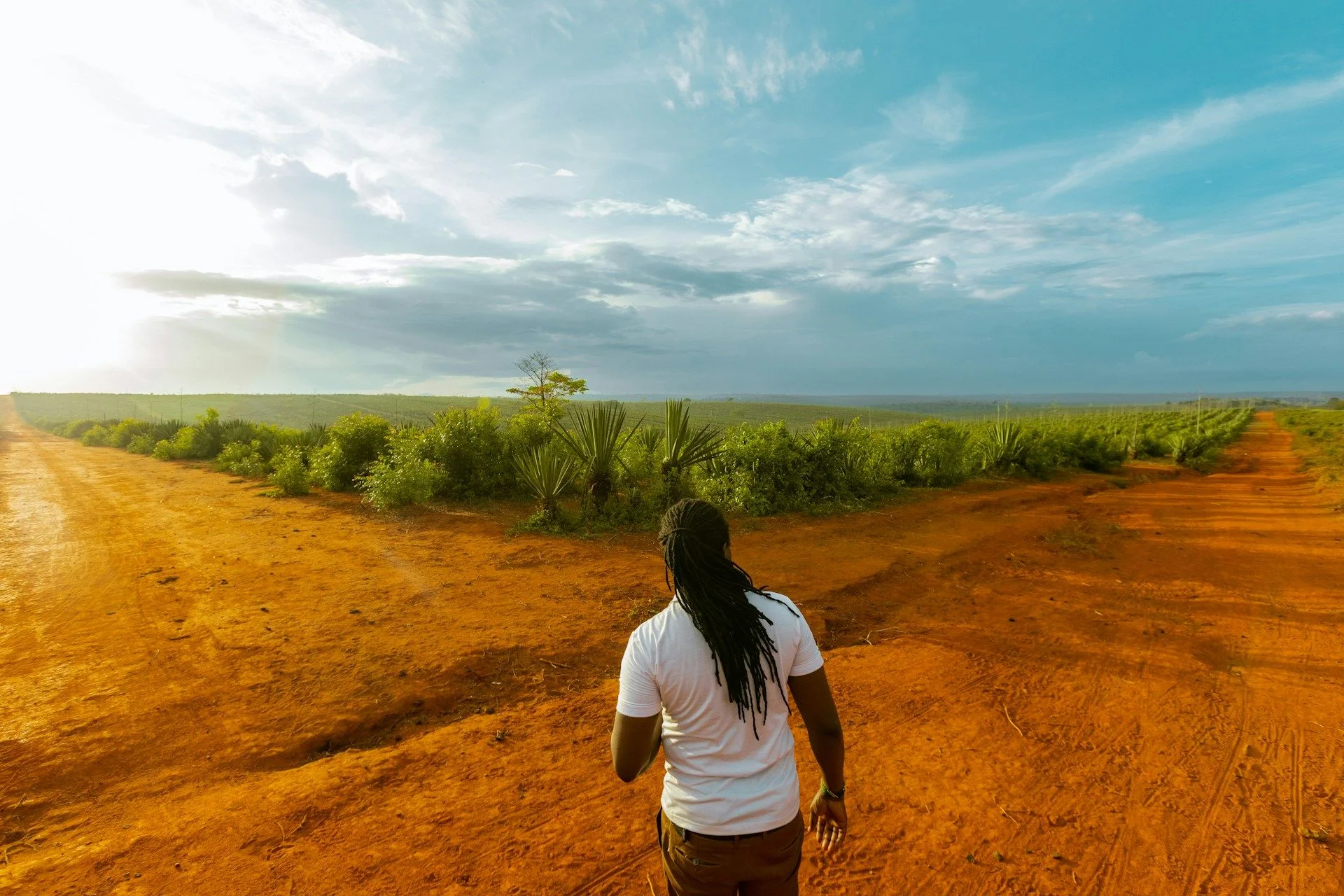Real estate in Mwanza, TanzaniaLakeside city withgranite views and gentle rhythm

Best offers
in Mwanza
Benefits of investment in
Tanzania real estate
Tourism drives rental and resort demand
Zanzibar and Dar es Salaam attract hotel, villa, and short-term rental projects fueled by steady tourist inflow.
Low land prices, limited competition
Affordable land and fewer foreign developers make Tanzania a strategic early-mover market.
Investment-friendly environment with lease access
Foreigners can invest through company structures, supported by national tourism and land programs.
Tourism drives rental and resort demand
Zanzibar and Dar es Salaam attract hotel, villa, and short-term rental projects fueled by steady tourist inflow.
Low land prices, limited competition
Affordable land and fewer foreign developers make Tanzania a strategic early-mover market.
Investment-friendly environment with lease access
Foreigners can invest through company structures, supported by national tourism and land programs.

Useful articles
and recommendations from experts
Real Estate in Mwanza, Tanzania
Why Invest in Property in Mwanza
Mwanza, located on the southern shores of Lake Victoria, is Tanzania’s second-largest city and one of the fastest-growing urban centers in the Lake Zone. With its strategic location, port access, expanding infrastructure, and rising demand for housing, Mwanza is becoming a key regional hub for real estate investment. It offers attractive opportunities in residential, commercial, and tourism-related properties, especially as the government expands economic activities around the lake and improves transportation links to neighboring countries such as Uganda, Rwanda, and Kenya.
Types of Property Available
The Mwanza property market includes a mix of urban, lakeside, and peri-urban opportunities:
- Residential houses — In central districts like Kirumba, Nyegezi, and Igoma, with demand from professionals and local families.
- Apartment buildings — Emerging in response to urban density and rental demand among students and workers.
- Commercial properties — Shops, warehouses, and office spaces around Makongoro Road, central Mwanza, and near port infrastructure.
- Land for development — In peripheral areas like Buhongwa or Kiseke, available for residential estates or industrial purposes.
- Tourism and hospitality — Boutique hotels, guesthouses, and eco-resorts near Lake Victoria or on scenic peninsulas.
Legal Framework and Ownership
As with the rest of Tanzania, land in Mwanza is state-owned and governed under the Land Act:
- No freehold ownership — All land is leased through government-issued Rights of Occupancy.
- Foreigners cannot directly own land — They may lease land via a Tanzanian-registered company or through investment projects approved by the Tanzania Investment Centre (TIC).
- Lease durations — Typically 33 to 99 years depending on land classification and development plan.
- Apartments and buildings — May be acquired by foreigners if structured under approved condominium or trust arrangements.
Property Prices and Market Dynamics
Property prices in Mwanza remain affordable compared to Dar es Salaam, with room for appreciation:
- 2-bedroom house: $25,000 – $60,000 depending on area and quality
- Modern 3–4-bedroom house in gated community: $70,000 – $150,000
- Commercial shop space (city center): $500 – $1,500 per sq. meter
- Lakefront land plots: $20 – $100 per sq. meter depending on location and permits
- Apartments for rent: $250 – $800/month depending on furnishings and location
Rental Demand and Income Potential
Mwanza’s rental market is supported by:
- University students and staff — Especially around St. Augustine University (SAUT) and other institutions.
- Healthcare and NGO workers — Employed at Bugando Hospital, regional health programs, or international NGOs.
- Local professionals and business owners — Seeking secure, well-located homes for families.
- Basic rental apartments: 5% – 7% gross
- High-end houses: 4% – 6% gross
- Commercial shops/offices: 6% – 10%
Most Attractive Neighborhoods
Key areas for real estate development include:
- Kirumba and Igoma — Central and popular for residential and small commercial projects.
- Kisesa and Buhongwa — Expanding suburbs with new roads and infrastructure upgrades.
- Nyamagana — Government offices and institutions make this a stable residential area.
- Luchelele and Bwiru — Growing demand for lakeside plots and villa developments.
- Near Mwanza Airport — Ideal for warehouse and logistics-focused investments.
Real Estate Buying Process
The process in Mwanza mirrors national procedures:
- Search and due diligence — Verify land rights, title, and zoning with Mwanza Land Office.
- Sign sale agreement — Usually includes a 10% deposit.
- Land lease transfer — Application submitted to Commissioner for Lands.
- Registration and final payment — Upon approval, the leasehold transfer is recorded officially.
- Stamp duty: 1% of property value
- Legal fees: 1% – 2%
- Capital gains tax (seller): 10%
- Registration and notarial charges: ~0.5%
Who Should Invest in Mwanza
The city is suitable for:
- Long-term investors — Capitalizing on urban growth and government focus on inland development.
- Diaspora buyers — Seeking family homes or rental income in their hometown.
- Logistics and industrial developers — Mwanza’s port and airport are key regional gateways.
- Tourism sector entrepreneurs — Developing eco-resorts or guesthouses along Lake Victoria.
Conclusion
Mwanza is emerging as a dynamic secondary city in Tanzania with untapped real estate potential. Its strategic lakeside location, improving infrastructure, and economic diversification create favorable conditions for investors. While land laws require structuring and compliance, strong rental demand and low entry costs make Mwanza an appealing destination for real estate development across sectors — from residential to tourism, logistics, and small-scale commercial projects.
